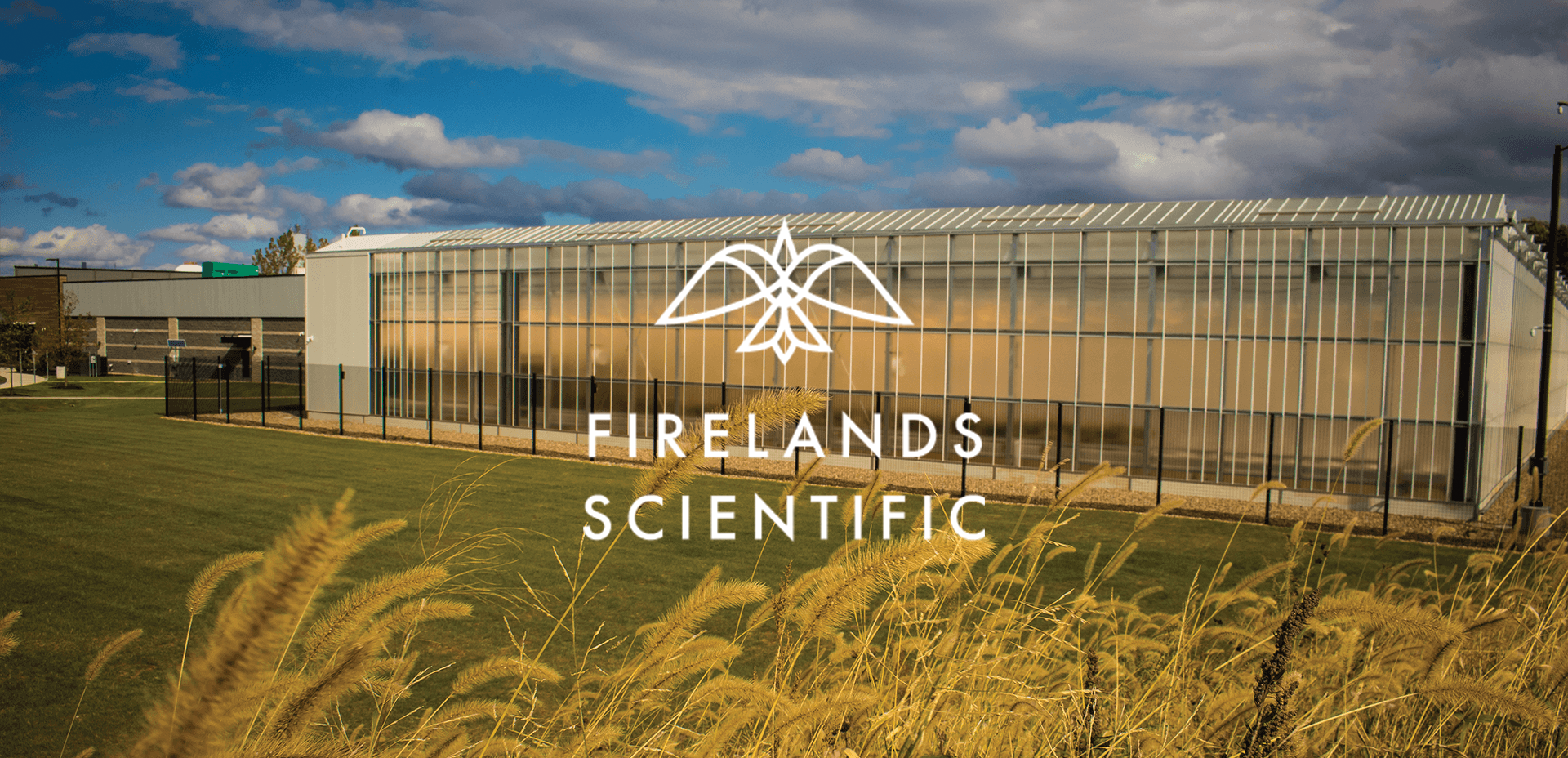When California voters approved Proposition 64 five years ago, part of the goal was to provide Californians with safe access to legal cannabis and help eliminate the dangerous interactions accompanying illicit sales.
However, it has yet to be successful. Just like everywhere else, the California cannabis industry continues to struggle against the illegal market.
In response, the California legislature recently passed a $100 million grant package intended to support cannabis businesses moving forward. The primary goal of this package is to help cannabis businesses successfully tackle the process of transitioning from provisional licenses to regular licenses renewable annually. According to the Governor’s office, as of April, only about 18% of California’s cannabis businesses have successfully met the necessary requirements for the transition.
The Transition Problem
To meet the license transition requirements, California cannabis businesses must complete an expensive and complicated environmental review process. This process is intended to identify any harmful environmental effects of the business and includes a burden on the company to develop a plan to minimize any adverse environmental impacts. This requirement is due to the California Environmental Quality Act (CEQA) passed in 1970 by California Governor Ronald Reagan to serve as a statewide policy to ensure environmental protection.
To meet the requirements set forth under CEQA, California cannabis operators must first provide evidence that they meet the provisions for an environmental review. This process involves submitting complex documentation.
Unfortunately, if a city or county does not provide the appropriate documents to satisfy CEQA requirements, the cannabis business owner must furnish the documents themselves, which often involves hiring expensive environmental consultants.
Coupled with looming license transition deadlines, many California cannabis businesses are facing closures. The illicit cannabis market, which already outnumbers legal cannabis operations in California 3 to 1, is poised to grow even more prominent in the absence of legal alternatives and the burden of legal cannabis licensing.
The Proposed Solution
The $100 million grant is set to be divided amongst 17 California cities and counties, with the most considerable portion ($22 million) allocated for Los Angeles. Areas set to receive portions of the grant include Adelanto, Long Beach, Oakland, Sacramento, San Diego, San Francisco, and Santa Rosa, among others.
With these funds, industry insiders expect city and county governments to hire cannabis business experts for smoother license transitions and more efficient governmental staff to process transitional documents.
In addition, the state will extend deadlines for transitioning to a regular license to give businesses the time to complete the review process.
Still, industry leaders fear it may not be enough.
Many Californians and cannabis advocacy groups worry that the grants will favor areas already deciding to legalize cannabis, which represents only a small fraction of California’s cities.
According to the Los Angeles Times, these grants lack incentives for localities with cannabis bans to get their ordinances up and running.”
Without expanding legal cannabis into other California areas, illicit cannabis is less impacted and free to grow, no matter how streamlined legal license transitions become.
Wildlife protection groups and other environmental advocates fear that extending license transition deadlines may cause unnecessary damage. Others worry that the new grants fail to adequately provide the environmental protections promised to Californians under CEQA procedures when Proposition 64 was originally passed.
Opponents of these measures point to the negative environmental impact caused by marijuana manufacturing, such as the use of chemicals, increased water contamination, and added energy consumption.
But research indicates that cannabis manufacturers get all the blame unfairly since growing cannabis has damaging environmental effects, too.
Moving Forward
The outcome implemented by individual localities remains to be seen in many areas. Still, the most common applications aim to extend license transition deadlines, support cannabis businesses through the CEQA process, and adequately staff license processing agencies.
Hopefully, industry experts, environmental advocates, and government entities can work together moving forward to use the additional funding to find solutions that address the licensing problems while ensuring environmental protections, and reduce the influence of the illegal market on the California cannabis industry.





